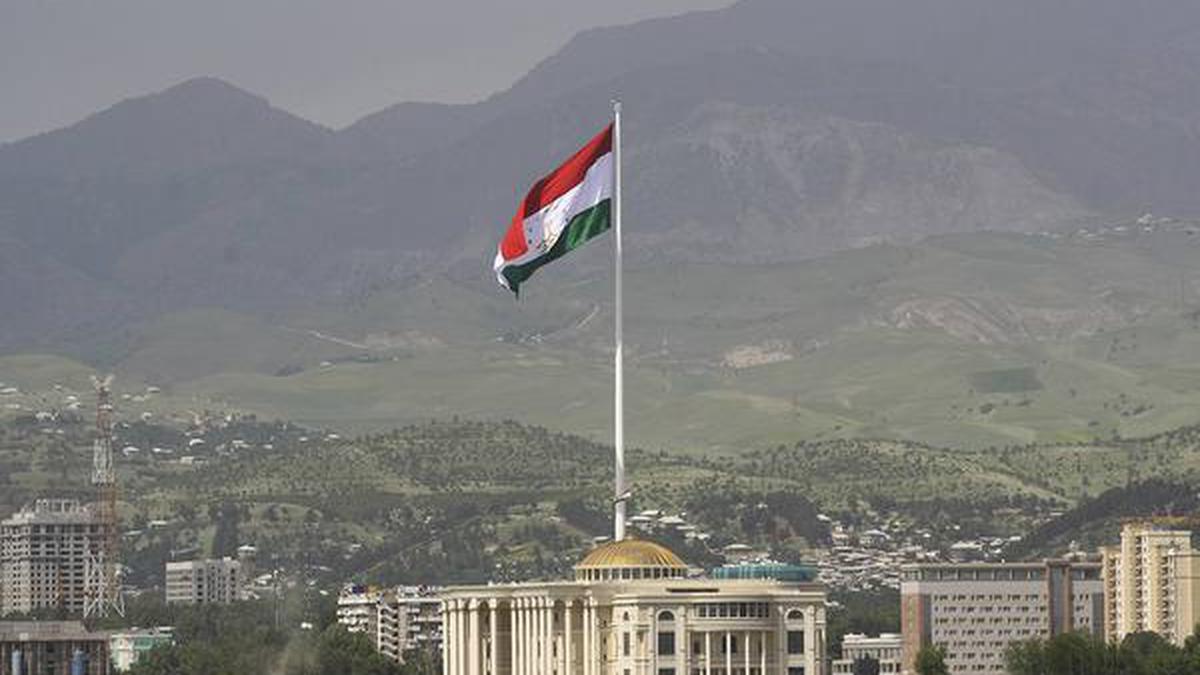
Moscow attack turns spotlight on uneasy Tajikistan
The Hindu
Tajik involvement in Moscow attack highlights risks of Central Asia's jihadist legacy, sparking fear of persecution in Russia.
The alleged involvement of four Tajiks in a deadly attack in Moscow has shaken Tajik society, highlighting the risks posed by Central Asia’s jihadist legacy.
The region’s five former Soviet republics, led by Tajikistan, have had thousands of their citizens going to Syria and Iraq in the 2010s to fight for the Islamic State group (IS).
“This is a great tragedy for our country,” artist Daniel Rustamov said referring to the Moscow attack in the capital Dushanbe.
Mr. Rustamov fears that “a few criminals will harm the entire Tajik people” and that “Tajiks will be persecuted in Russia,” where millions of them work to feed their families back home, against a backdrop of rising anti-migrant rhetoric.
Tajikistan, home to 9.7 million people, made the fight against terrorism a priority after it was bruised by a civil war between 1992 and 1997 involving Islamist fighters.
Cross-border clashes from Afghanistan involving jihadist groups continue to plague the mountainous country, which has also suffered several attacks claimed by IS.
Since the Taliban’s return to power in Afghanistan in 2021, Tajikistan has been one of the regime’s main critics, concerned about the potential spread of its ideology. Several million ethnic Tajiks live in Afghanistan.

Hong Kong’s top court rules in favour of equal inheritance and housing benefits for same-sex couples
Hong Kong's top court affirms equal rights for same-sex couples in housing and inheritance, a landmark win for LGBTQ+ rights.










